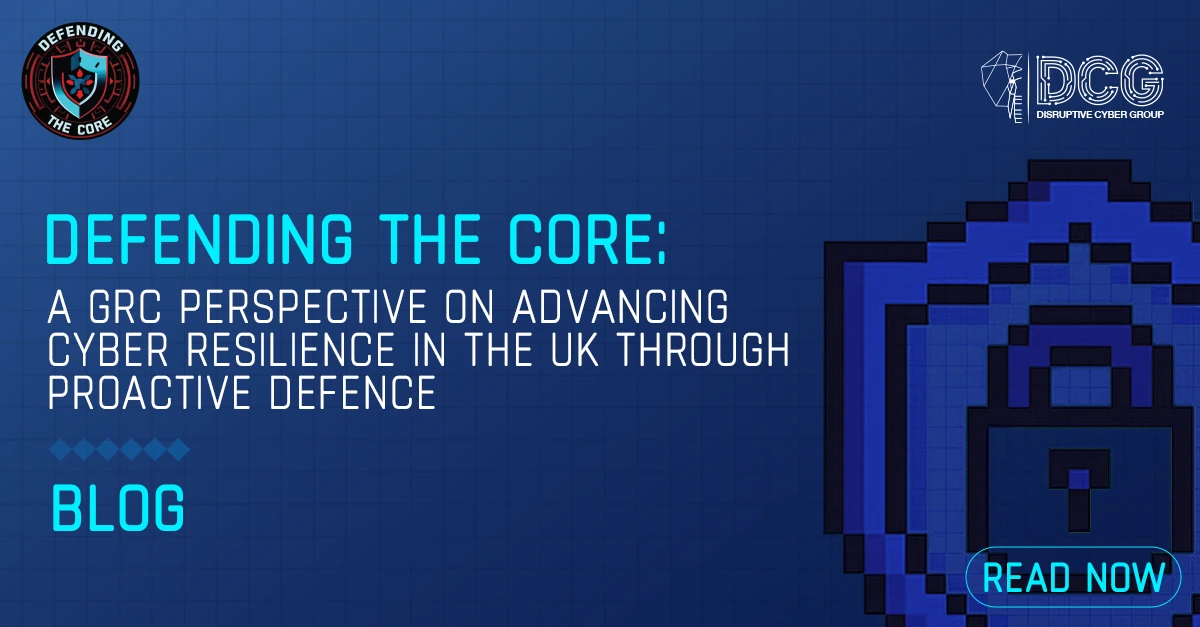
Artificial Intelligence (AI) is often hailed as the future of cyber security. From predicting threats to automating response, AI promises a new frontier in the battle against cybercrime. But for mid-market organisations, it begs the question - is AI really the game changer it claims to be, or just another shiny tech buzzword?
In this blog, we’ll separate fact from fiction by examining AI’s real-world capabilities in cyber security, specifically for mid-market companies in the UK. The reality is that AI has a lot of potential, but it won't be a silver bullet. Knowing its strengths and limitations is critical for any business wanting to understand new threats.

AI has caught the attention of the cyber security sector, but how does it work? Artificial intelligence in cyber security is, fundamentally, the use of machine learning (ML) algorithms to identify patterns, find anomalies, and predict threats, sometimes before threats become active breaches.
Here are some of AI's key capabilities in cyber security:

Although AI in cyber security sounds like the ideal fix, the reality for mid-market companies is somewhat more complex. In 2025, although most mid-market organisations face a number of hurdles concerning the implementation of AI-based security solutions.
AI systems are typically complex to deploy, requiring significant resources in both time and expertise.Over 90% of CIOs surveyed by Gartner in 2024 said that managing cost limits their ability to get value from AI for their enterprise.
AI systems rely on high-quality data to learn and make accurate predictions. Companies often face challenges in gathering, cleaning, and structuring data that is robust enough to train AI models. Without clean, structured data, AI tools can produce inaccurate results.
While AI may not be a one-size-fits-all solution, there are still tangible benefits for mid-market businesses when it comes to cyber security. Here’s how AI can help SMEs optimise their defences:
No cyber security tool is perfect, and AI is no exception. While AI holds great promise, mid-market businesses should be aware of its limitations.
AI systems, particularly in the early stages of adoption, can struggle with false positives. Businesses often report frustration with false alarms, which can waste valuable time and resources. While AI is improving, it’s still not flawless.
Automation can reduce workload, but it’s not foolproof. Cyber Security still requires human oversight to handle complex, nuanced threats. Relying solely on AI without human interpretation can lead to skill gaps and critical blind spots.

The key to AI adoption lies in a balanced approach. AI in cyber security is a tool that, when implemented correctly, can provide valuable protection for mid-market businesses. However, it’s crucial to understand its limitations, to avoid risk and vulnerabilities. As we move into 2025, businesses that leverage AI responsibly will be better positioned to tackle the evolving cyber threat landscape.
Ready to explore AI-driven cyber security? Contact DCG for a consultation on leveraging AI for your business.

Zero Trust Evolution: Adapting to Cloud, Microservices & Compliance

Navigating UK Cyber Security Regulations: A 2025 Guide for Businesses

Cyber Security Strategy for UK SMEs: A 2025 Playbook from the team at DCG

Defending the Core - A GRC Perspective on Advancing Cyber Resilience in the UK Through Proactive Defence
Join industry leaders on cyber projects to create a global impact and ensure a secure digital future.